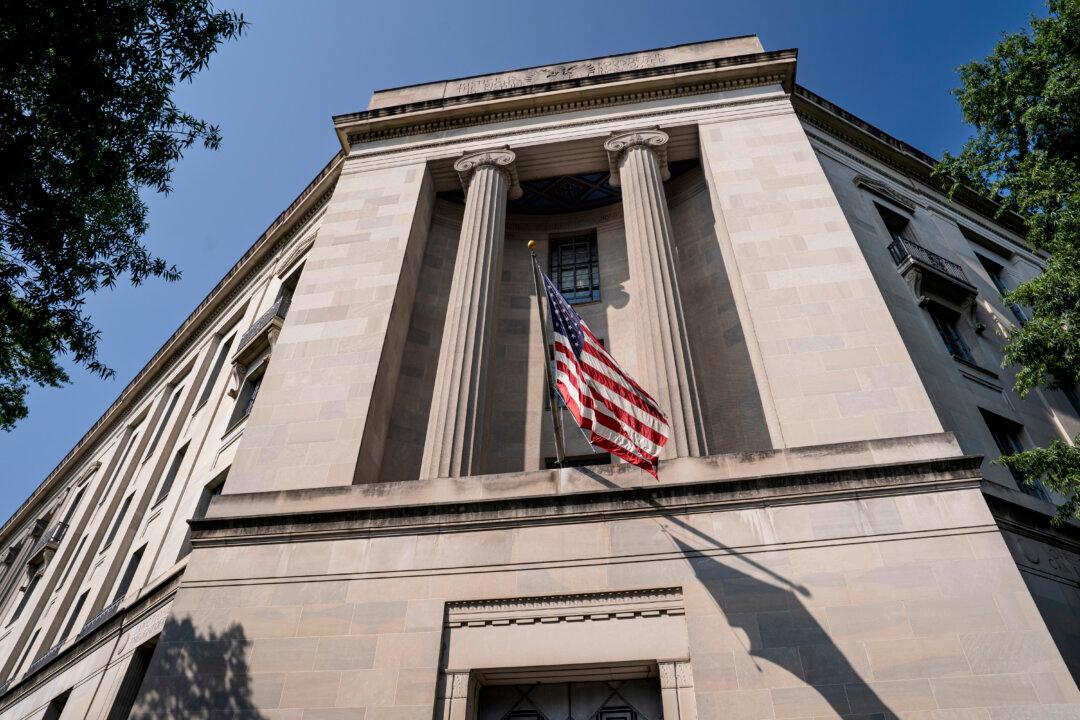A federal appeals court has vacated its own ruling that had temporarily blocked an Iowa law criminalizing the reentry of individuals previously denied admission to the United States and mandating state-ordered deportations, after the Department of Justice (DOJ) voluntarily dismissed a Biden-era lawsuit against the state that sought to block the law permanently.
In an April 15 order, the U.S. Court of Appeals for the Eighth Circuit dismissed the DOJ’s appeal as moot, vacated its previous opinion upholding a preliminary injunction, and instructed the lower court to dismiss the case. The move followed a March 14 notice of voluntary dismissal filed by the DOJ under President Donald Trump.





